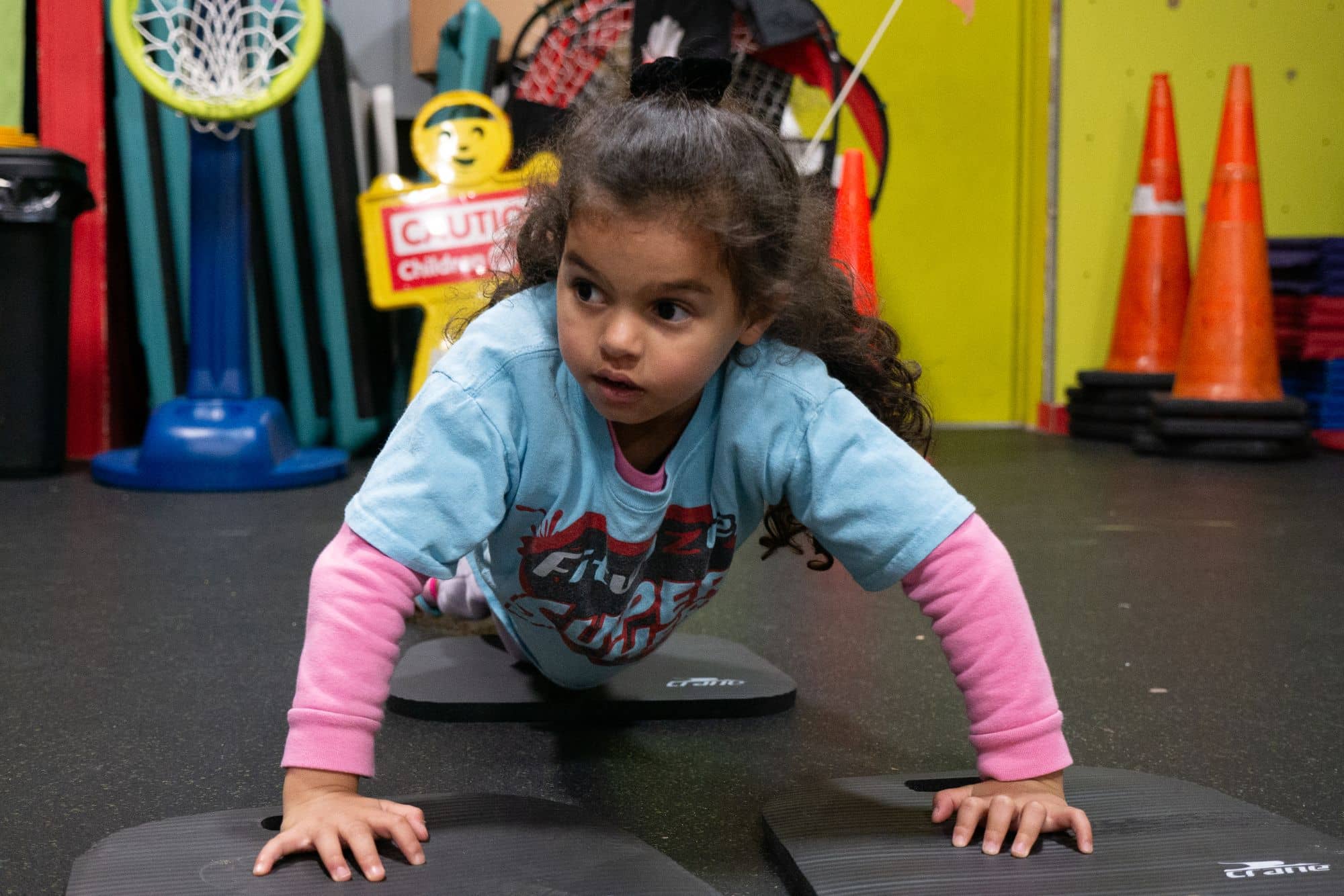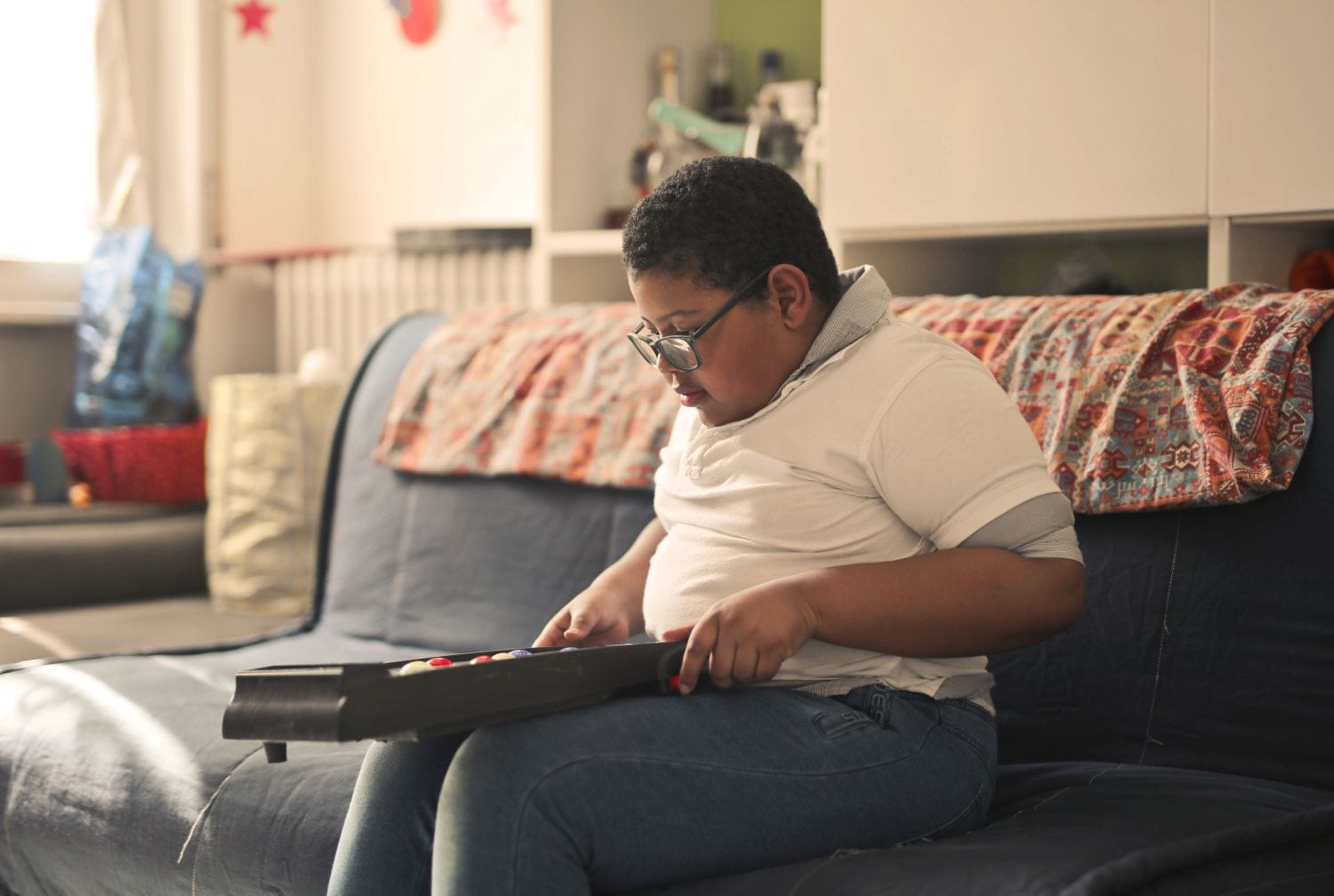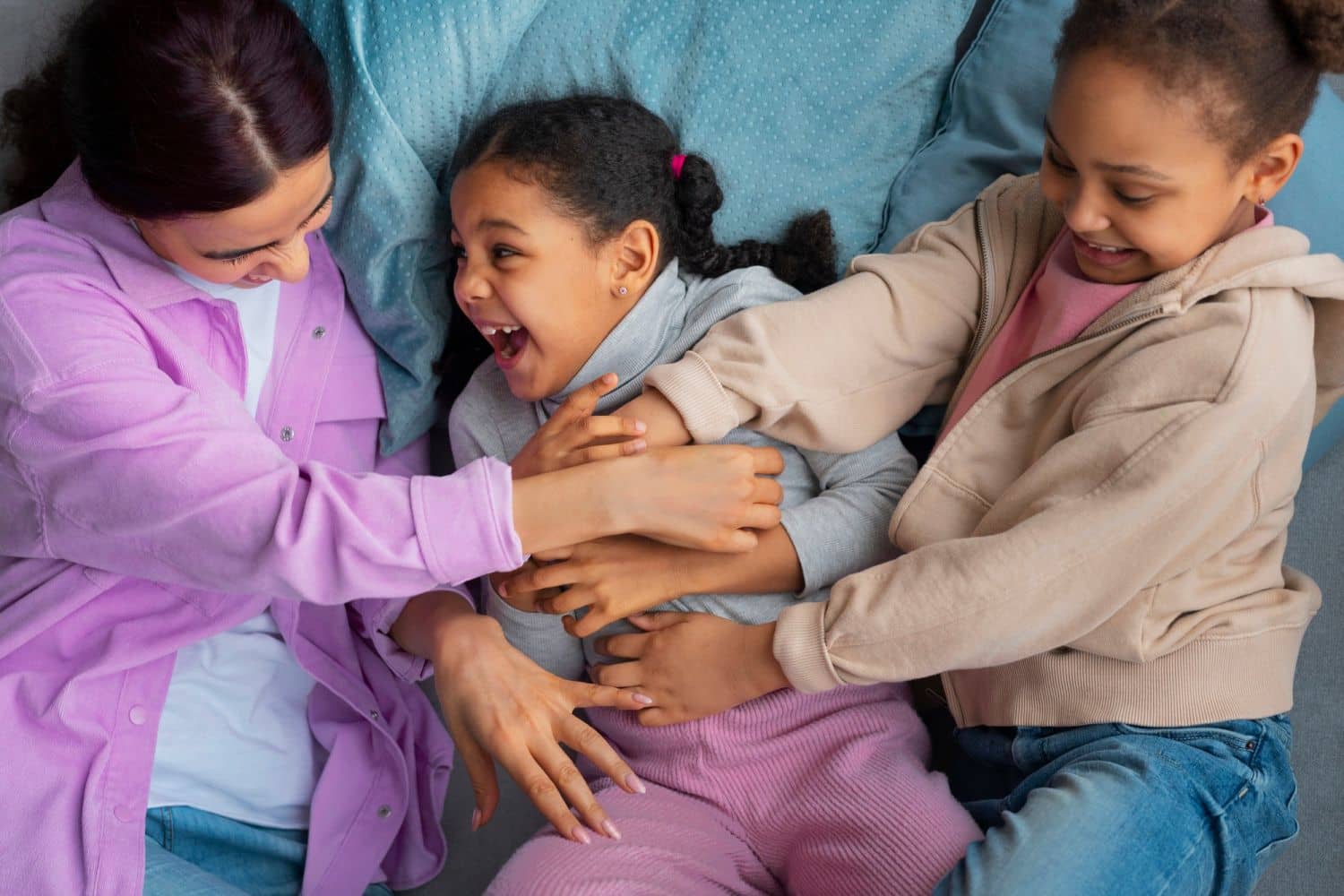Address
4641 N State Rd 7 Unit 15B, Coconut Creek, FL 33073
Work Hours
Monday to Friday: 9AM - 6PM
Weekend: 10AM - 6PM

Body image can shape a child’s mental and emotional health. From an early age, children begin to form perceptions of their bodies, and these perceptions can significantly impact their well-being.
As a parent, understanding how can body image affect a child’s mental health and knowing the signs to look for can help you foster a positive environment where your child grows up feeling confident and secure.
Body image refers to how individuals perceive their bodies and how they believe others perceive them. It involves thoughts, feelings, and attitudes about physical appearance, size, and shape. For children, body image starts forming as early as preschool and can be influenced by many factors, including family dynamics, media exposure, peer interactions, and personal experiences.
Children are observant and highly impressionable. They pick up on societal standards of beauty, often reinforced through television, social media, and even the behavior of adults around them. A child’s view of their body can shift from innocence and acceptance to criticism and comparison as they grow older.
Unfortunately, children who develop a negative body image may carry these insecurities into adolescence and adulthood. This can lead to a range of mental health challenges, including low self-esteem, anxiety, depression, and eating disorders. As a parent, your role in shaping a healthy body image is vital in preventing these issues and helping your child navigate the pressures they face.

While children may not always vocalize their concerns about their bodies, there are several signs parents can watch for that may indicate their child is struggling with body image issues. These include:
Self-Critical Talk – Children who frequently criticize their own appearance or compare themselves unfavorably to others may be experiencing body image problems. Phrases like “I’m too fat” or “I wish I looked like them” are red flags that indicate insecurity.
Increased Focus on Weight or Appearance – If a child becomes preoccupied with their weight, appearance, or specific body parts, it’s worth paying attention. For example, an unusual interest in dieting, weighing themselves often, or changing their eating habits can signal deeper concerns about their body image.
Avoidance of Certain Activities – Children who are insecure about their appearance may avoid activities that draw attention to their bodies, such as swimming, dancing, or even participating in sports. This avoidance could stem from embarrassment or a fear of being judged by others.
Emotional Distress Around Clothing – Difficulty choosing clothes, frustration when trying on clothes, or refusing to wear certain items can be signs of body dissatisfaction. If your child seems anxious or upset when getting dressed, this could point to body image issues.
Isolation and Withdrawal – Poor body image can contribute to social withdrawal. A child may avoid social situations, especially those where appearance is highlighted, such as parties, school events, or group activities. If your child is becoming increasingly isolated, this is a concern.
Changes in Eating Habits – Watch for sudden or extreme changes in your child’s eating patterns. Skipping meals, restricting food, overeating, or becoming overly concerned with what they eat can be indicative of body image issues and even point to developing eating disorders.

How children think and feel about their bodies can have a profound impact on their overall mental health. A positive body image is associated with higher self-esteem, which contributes to emotional resilience, better social interactions, and a general sense of well-being. On the other hand, a negative body image can lead to:
Low Self-Esteem – Children who dislike their bodies may feel inadequate or unworthy, leading to a general lack of confidence. This can affect their willingness to try new activities, speak up in class, or form new friendships.
Depression and Anxiety – Children with negative body image are at higher risk for developing depression and anxiety. Feelings of sadness, worthlessness, or chronic worry about their appearance can consume a child’s thoughts and severely affect their mood.
Disordered Eating – The pressure to look a certain way can lead some children down the path of unhealthy eating habits. Disordered eating includes behaviors like restrictive dieting, binge eating, or purging and can have long-term consequences on both physical and mental health.
Social Isolation – A poor body image can make children feel self-conscious in social settings. As a result, they may begin avoiding situations where they believe their appearance will be scrutinized, leading to feelings of loneliness and isolation.

The good news is that parents can take active steps to help their children develop a positive body image and safeguard their mental health. Here are some practical strategies to support your child:
Children often mirror their parents’ attitudes and behaviors. If you talk negatively about your own body or engage in extreme dieting, your child may adopt these patterns. Instead, focus on promoting a healthy, balanced approach to food and exercise, and speak positively about your own body.
Teach your child to appreciate their body for what it can do, not just how it looks. Celebrate the unique qualities that make them special, whether it’s their strength, agility, creativity, or kindness. Encourage them to take pride in their abilities and achievements rather than their appearance.
Monitor the media your child consumes, especially regarding unrealistic portrayals of beauty. Social media, television, and advertising often promote unattainable body standards that can damage a child’s self-image. Encourage them to engage with content that supports diversity and body positivity.
Create a safe space for your child to discuss their feelings about their body. Let them know it’s okay to feel uncertain or upset sometimes and help them challenge negative thoughts with positive affirmations. Normalize conversations about body image, mental health, and self-esteem so they know it’s a topic they can always bring to you.
Promote physical activity, balanced eating, and self-care, but ensure your child understands that these habits are for health, not appearance. Teach them that exercise is about feeling good and staying healthy, not about fitting a certain mold.
Friendships and social groups can heavily influence a child’s body image. Be aware of the type of comments and behaviors your child is exposed to through their friends. Encourage them to stand up to negative talk and remind them that everyone’s body is different and valuable in its own way. Get your child involved in local events for kids to help them socialize in a friendly a positive setting.